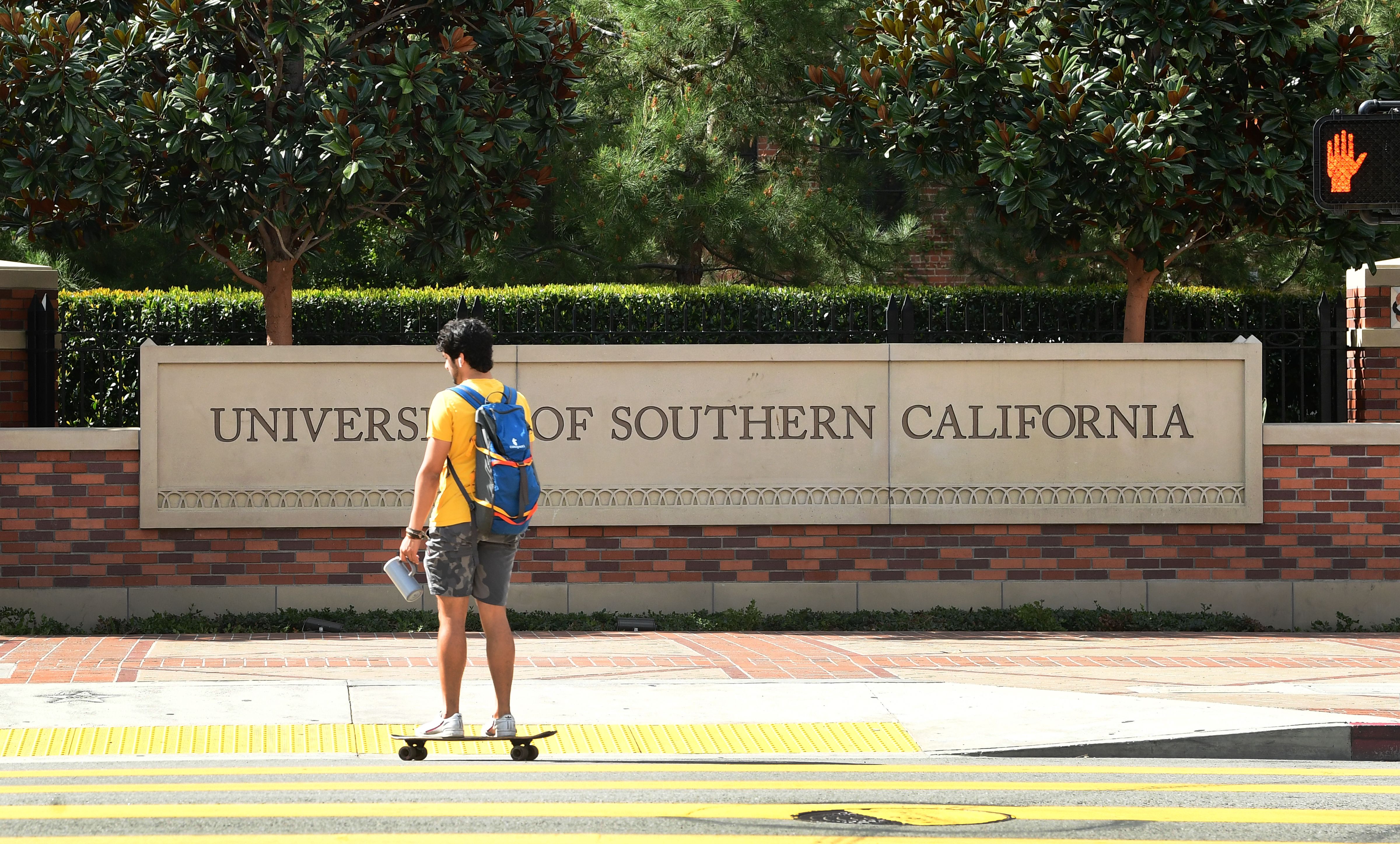In the week he's been free after spending 23 years in prison for a murder he says he didn't commit, Bill Richards has gotten onto the internet for the first time, used a cellphone, and he's been eating really well.
He was convicted in the Aug. 10, 1993 killing of his wife, Pamela, who was strangled, beaten with two fist-sized rocks, and had her skull crushed with a concrete steppingstone at their motor home in a remote desert community in San Bernardino.
After years of fighting with the help of the California Innocence Project, Richards was freed.
"If I were a baseball player I'd say I want to go to Disneyland," he said during a news conference on Wednesday at Innocence Project offices in San Diego. "But I really don't."
Richards walked out of the West Valley Detention Center in Rancho Cucamonga on June 21.
San Bernardino County prosecutors have not decided whether they would refile the case, said department spokesman Christopher Lee.
"We are currently re-evaluating the defense's new evidence," he said. "Once we have completed our review we will determine the appropriate course of action."
Local
Get Los Angeles's latest local news on crime, entertainment, weather, schools, COVID, cost of living and more. Here's your go-to source for today's LA news.
When Richards discovered his wife's half-naked body with her head bashed in he immediately called 911. It took several calls over 30 minutes until police arrived. When they did, they didn't begin processing the crime scene until daylight, nearly three hours after Pamela's body was discovered, his lawyers said.
That was enough time for dogs to roam the property, obscure footprints and blood evidence, contaminate the scene and partially bury the body.
After three trials, Richards was convicted largely on the prosecution's repeated assertion that no one other than Richards could have committed the murder because there was no evidence that anyone other than the couple were at the crime scene.
They produced a blue thread they said came from Richards' shirt found under Pamela's fingernail. They also argued that there appeared to be a bite mark on Pamela's body that allegedly matched her husband's teeth.
After his conviction, he was sentenced to life in prison.
But his lawyers argued that police did not conduct simple time of death tests, and didn't take fingerprint samples of the couple's home, shed, cars, and the two fist-size rocks used to beat Pamela that could have led to other suspects.
His lawyers also said investigators failed to test the bite mark on Pamela's body for DNA.
The DNA testing that was done on other evidence was inconclusive.
New tests of DNA done after California Innocence Project lawyers filed motions in 2001 revealed that the DNA on the murder weapons and the hairs under Pamela's fingernails belonged to neither Richards nor his wife.
His conviction was reversed in 2009 when a judge said "DNA evidence establishes that someone other than [Bill] and the victim was at the crime scene."
But the California Court of Appeal reversed the judge's ruling after prosecutors appealed the decision and the California Supreme Court upheld that decision.
But in May the California Supreme Court unanimously reversed Richards' conviction, finding the bite mark evidence was central to the conviction and all other evidence was met with "substantial resistance by the defense," Innocence Project lawyers said.



